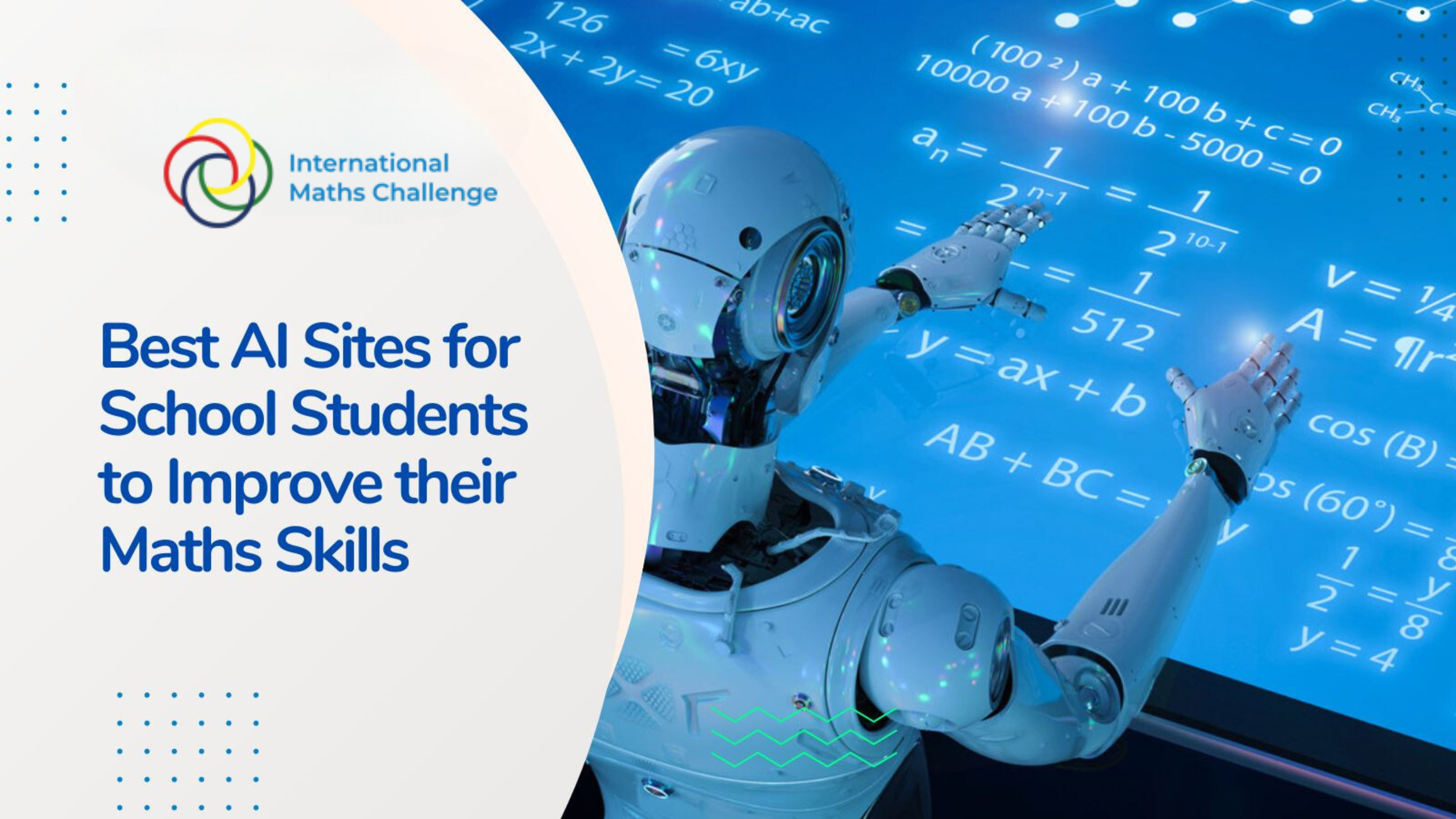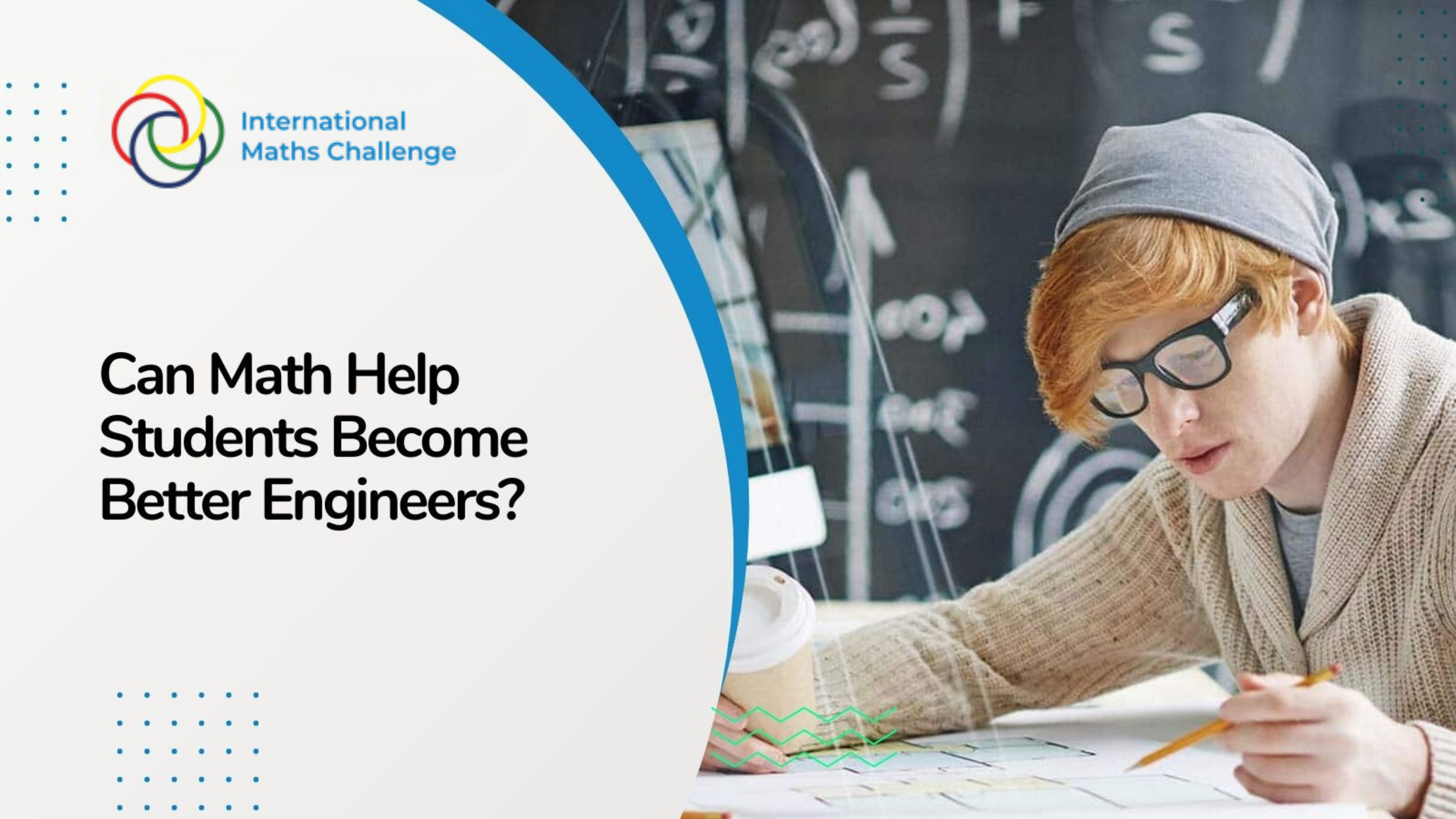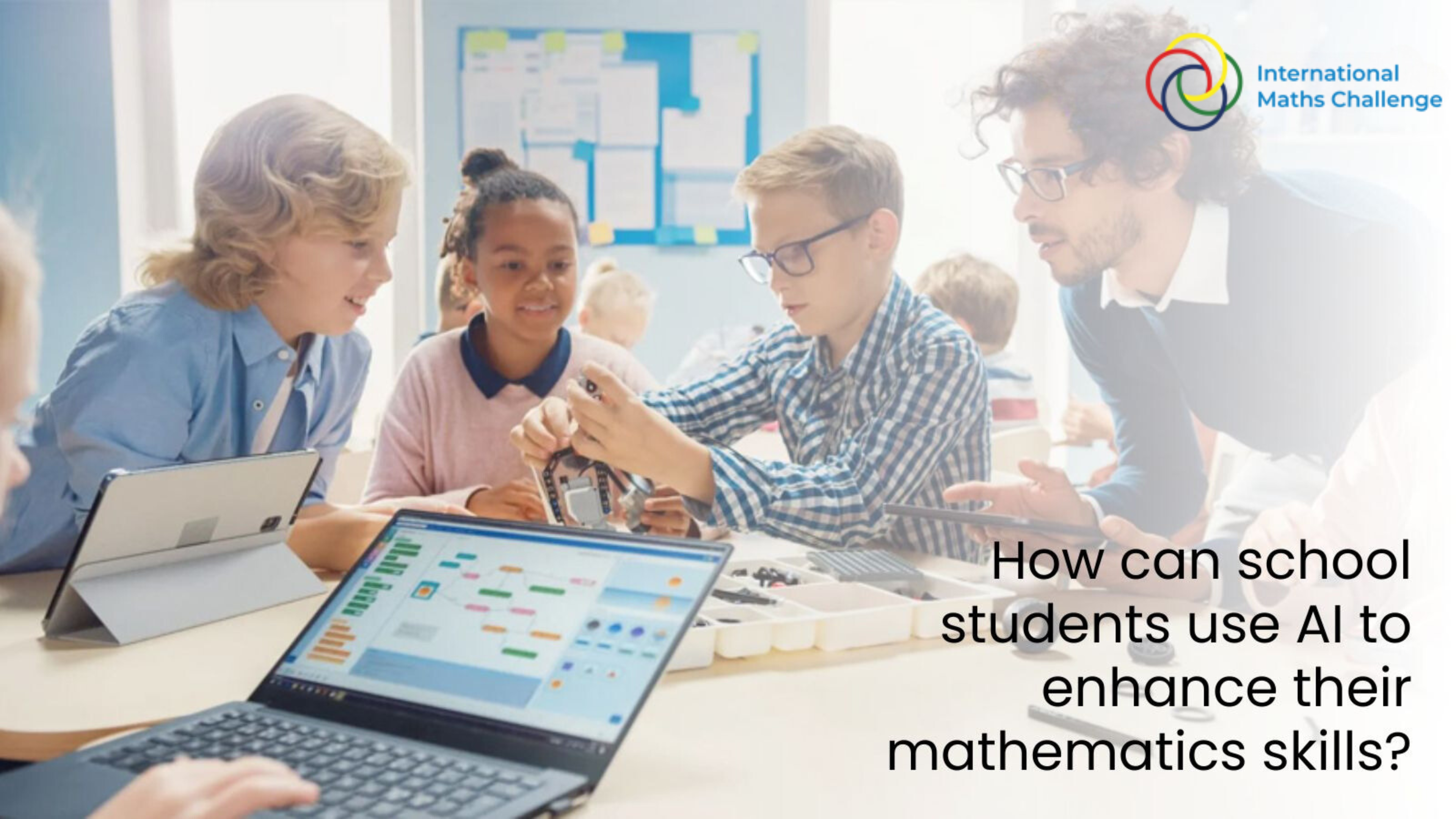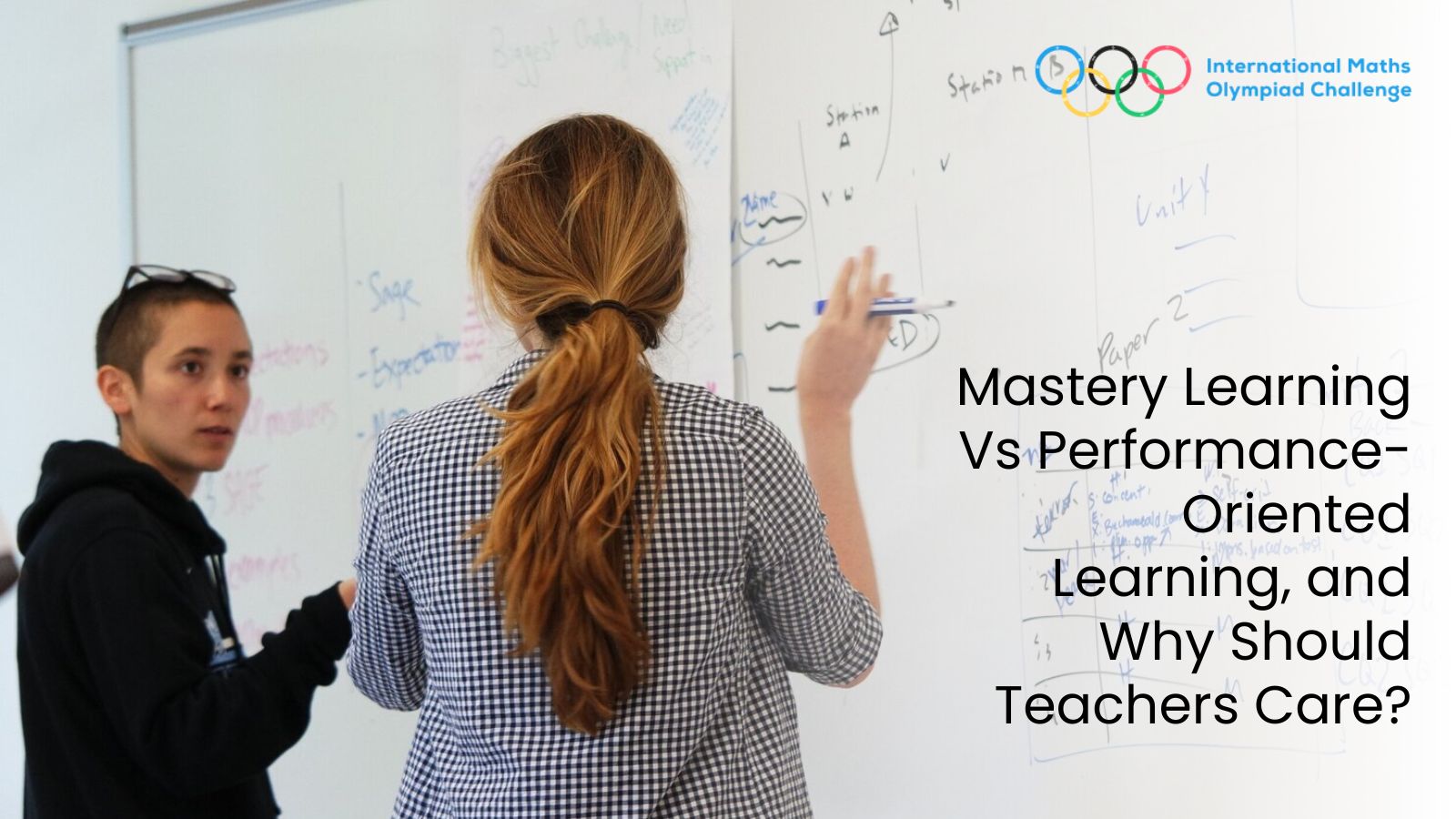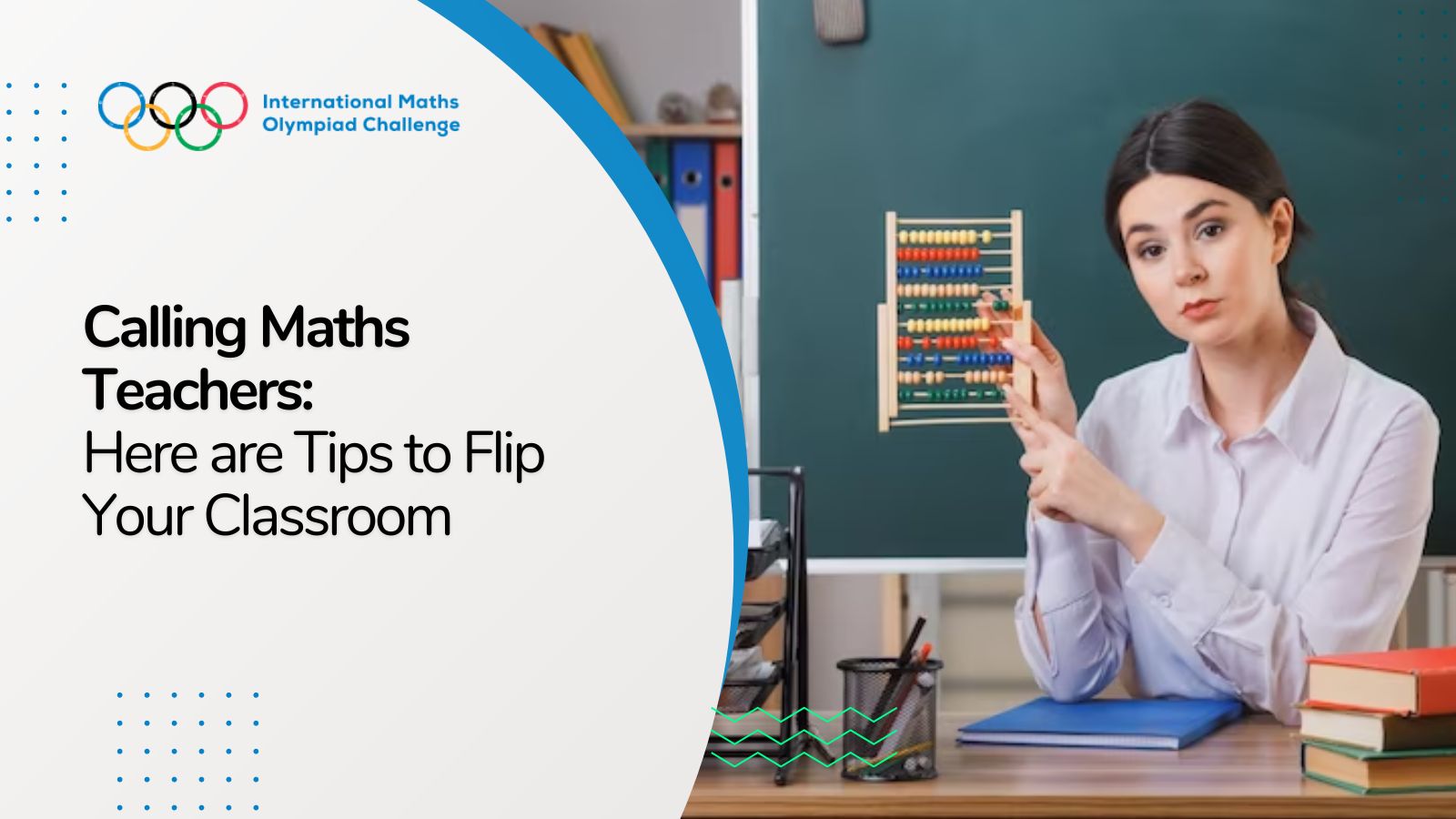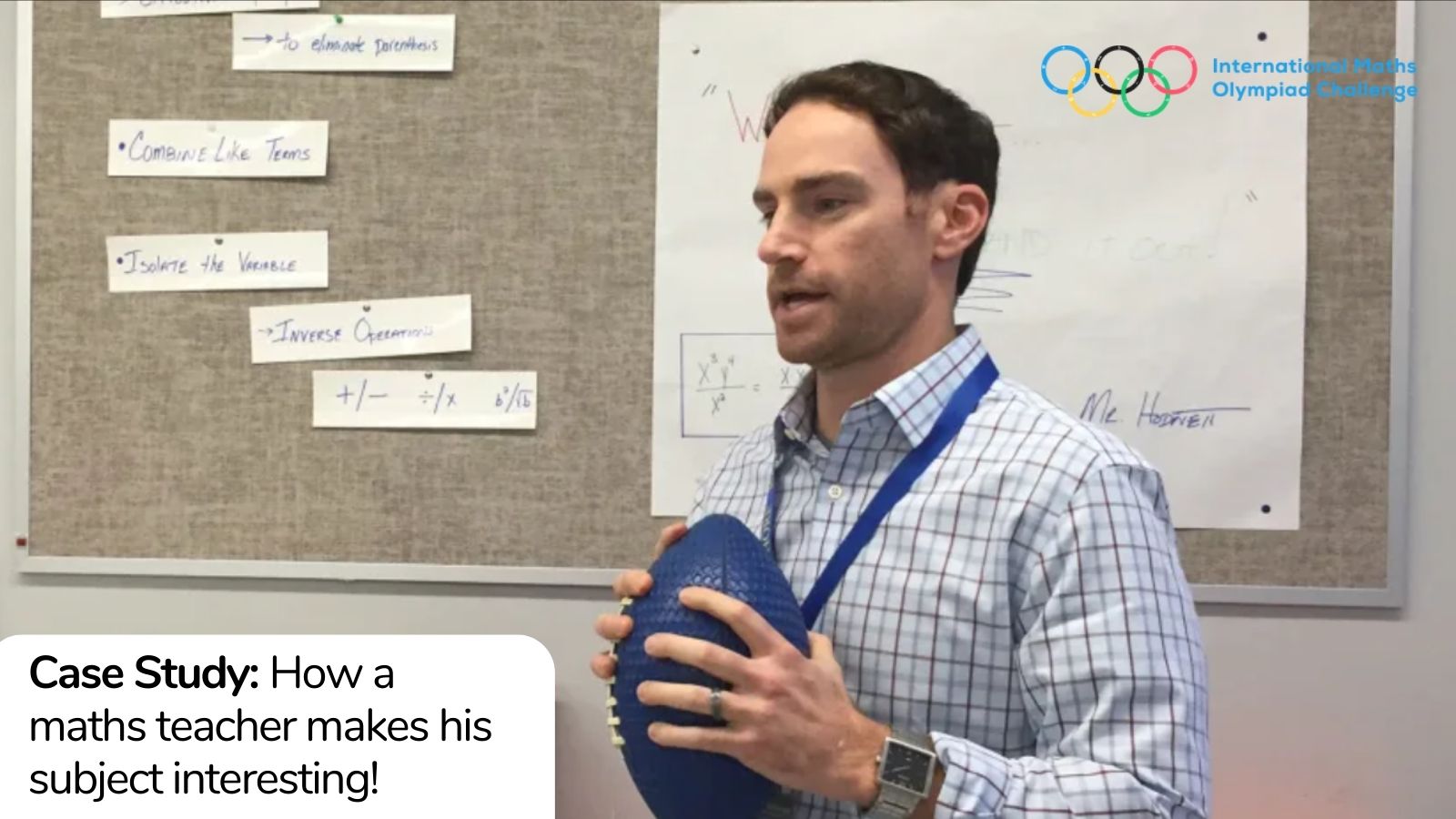The International Mathematical Olympiad is an annual mathematics competition for primary and high school students. The first IMO was held in 1959 in Romania, and since then, it has become the most prestigious international mathematics competition for high school students. The competition involves solving a series of challenging mathematical problems over two days. Each participating country sends a team of up to six students, who compete individually and as a team.
The problems in the IMO require students to demonstrate their problem-solving skills and mathematical creativity, often involving advanced topics in algebra, geometry, number theory, and combinatorics. The IMO aims to encourage and inspire young students to develop their mathematical skills and pursue careers in mathematics and related fields.
Preparing for the International Mathematical Olympiad (IMO) is a significant undertaking and requires a lot of hard work and dedication. Here are some essential tips to help you prepare for the Maths Olympiad:
Master the Basics
You need to have a strong foundation in mathematics to excel in the IMO. Make sure you have a good grasp of the fundamentals, including algebra, geometry, number theory, and combinatorics.
Practice, Practice, Practice
The key to success in the IMO is practice. Work through as many problems as you can and try to solve them using different methods. You can find plenty of practice problems in math books, online resources, and previous IMO papers.
Join a Study Group
Joining a study group is an excellent way to exchange ideas and learn from others. It can also help you stay motivated and focused. You can find study groups online or through your school or local math club.
Attend a Math Camp
Math camps are intensive programs that offer specialized training for math competitions like the IMO. They can provide you with the opportunity to work with experienced coaches and other talented students.
Stay Up-to-Date
Keep yourself updated with the latest news and information about the International Maths Olympiad. Check out the official website and other math resources for updates, past papers, and other relevant information.
Learn from Your Mistakes
Analyze your mistakes and learn from them. Understanding where you went wrong can help you avoid making the same mistake in the future.
Stay Calm and Confident
The IMO is a challenging competition, but it’s essential to stay calm and confident. Believe in your abilities and trust your preparation.
Remember that preparing for the International Maths Olympiad requires patience, perseverance, and hard work. Be consistent in your preparation, and with the right mindset and dedication, you can achieve great success.




